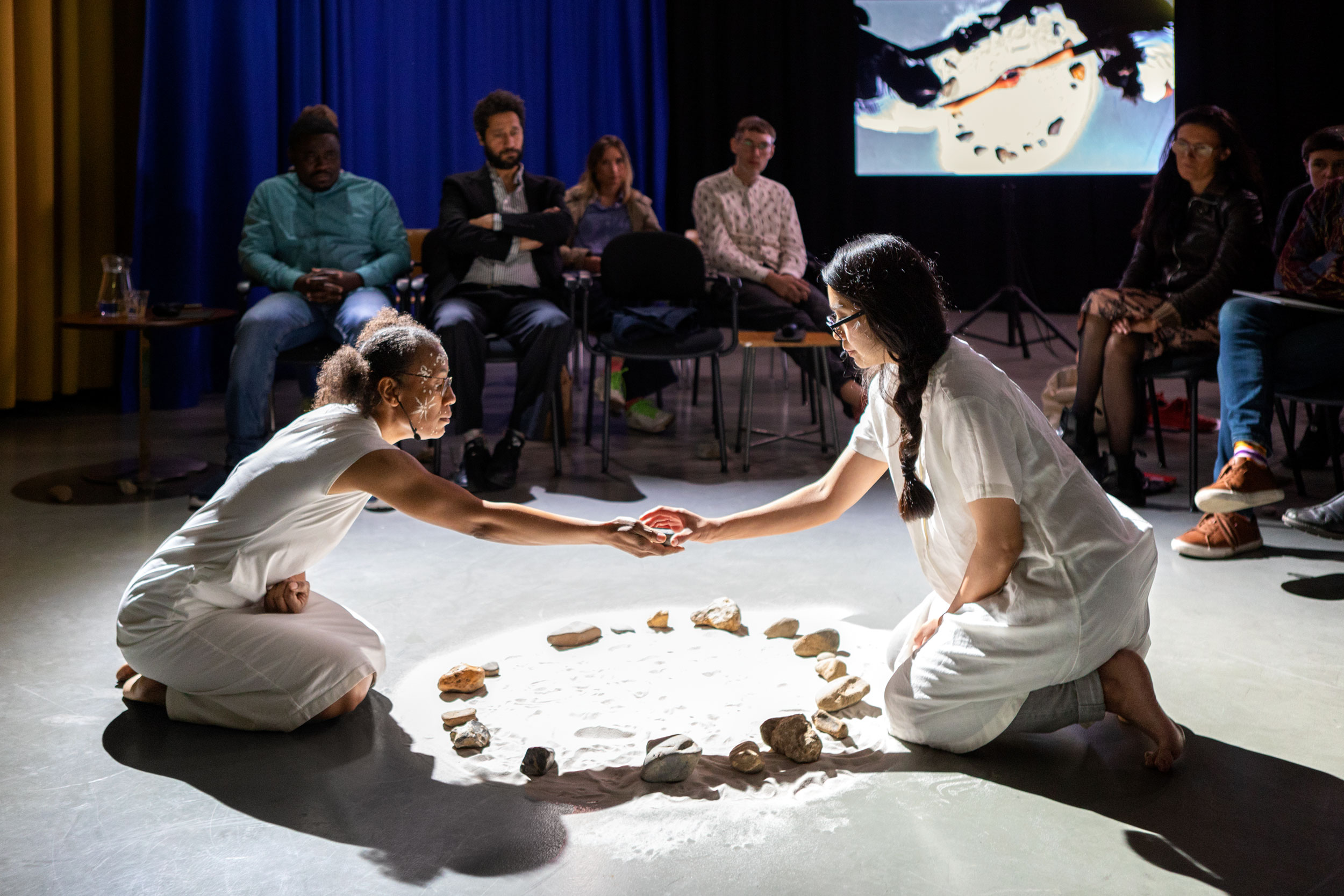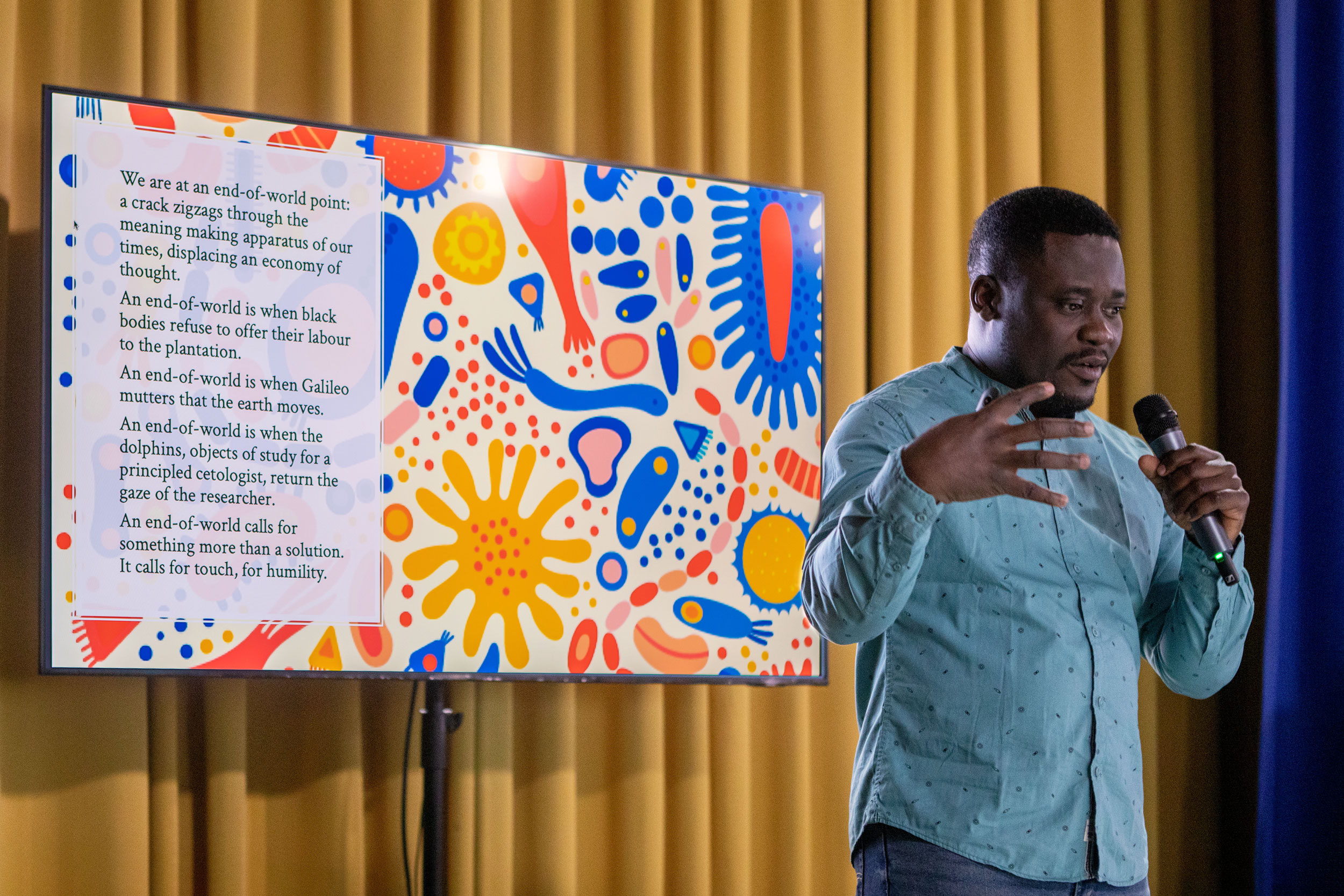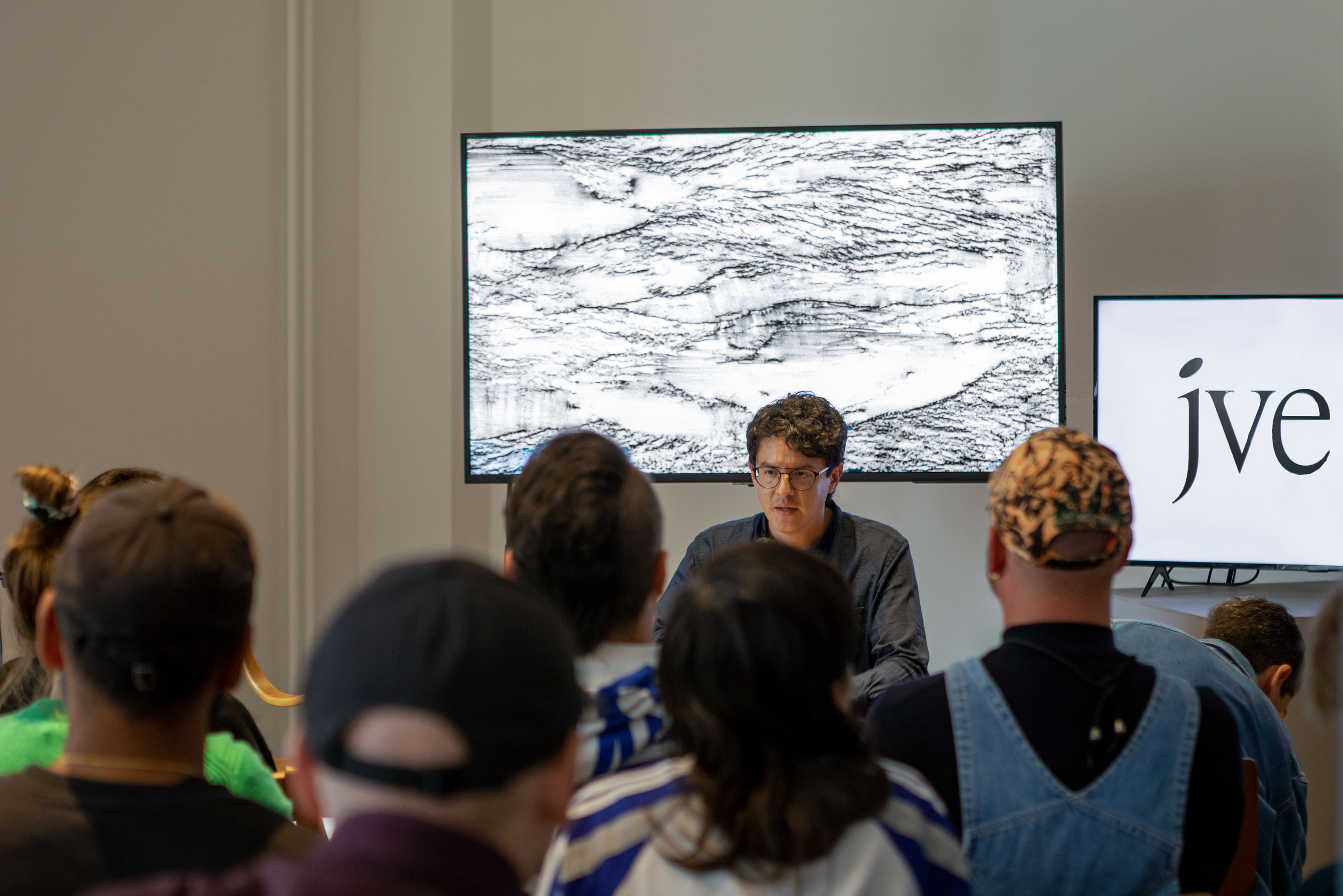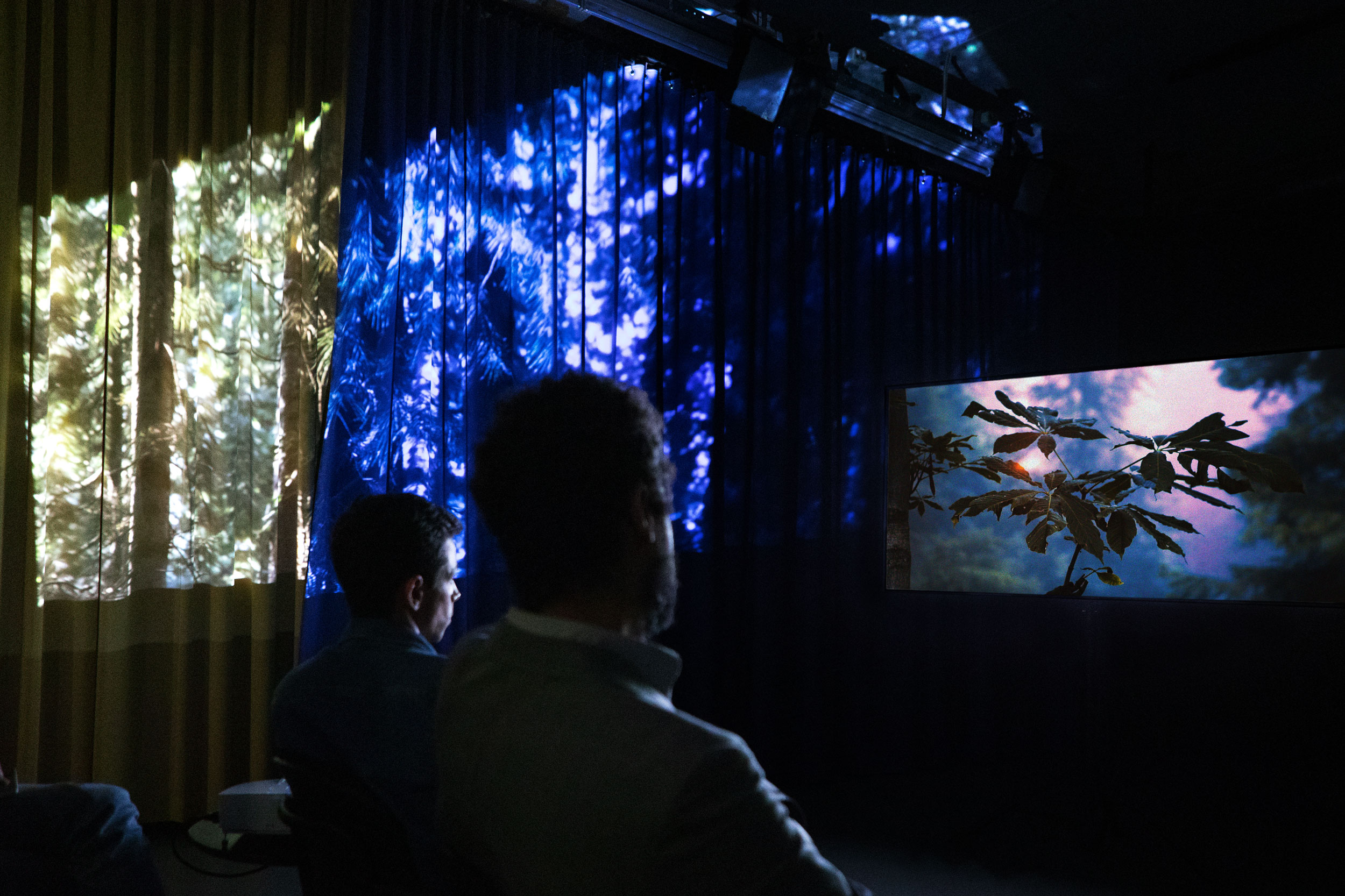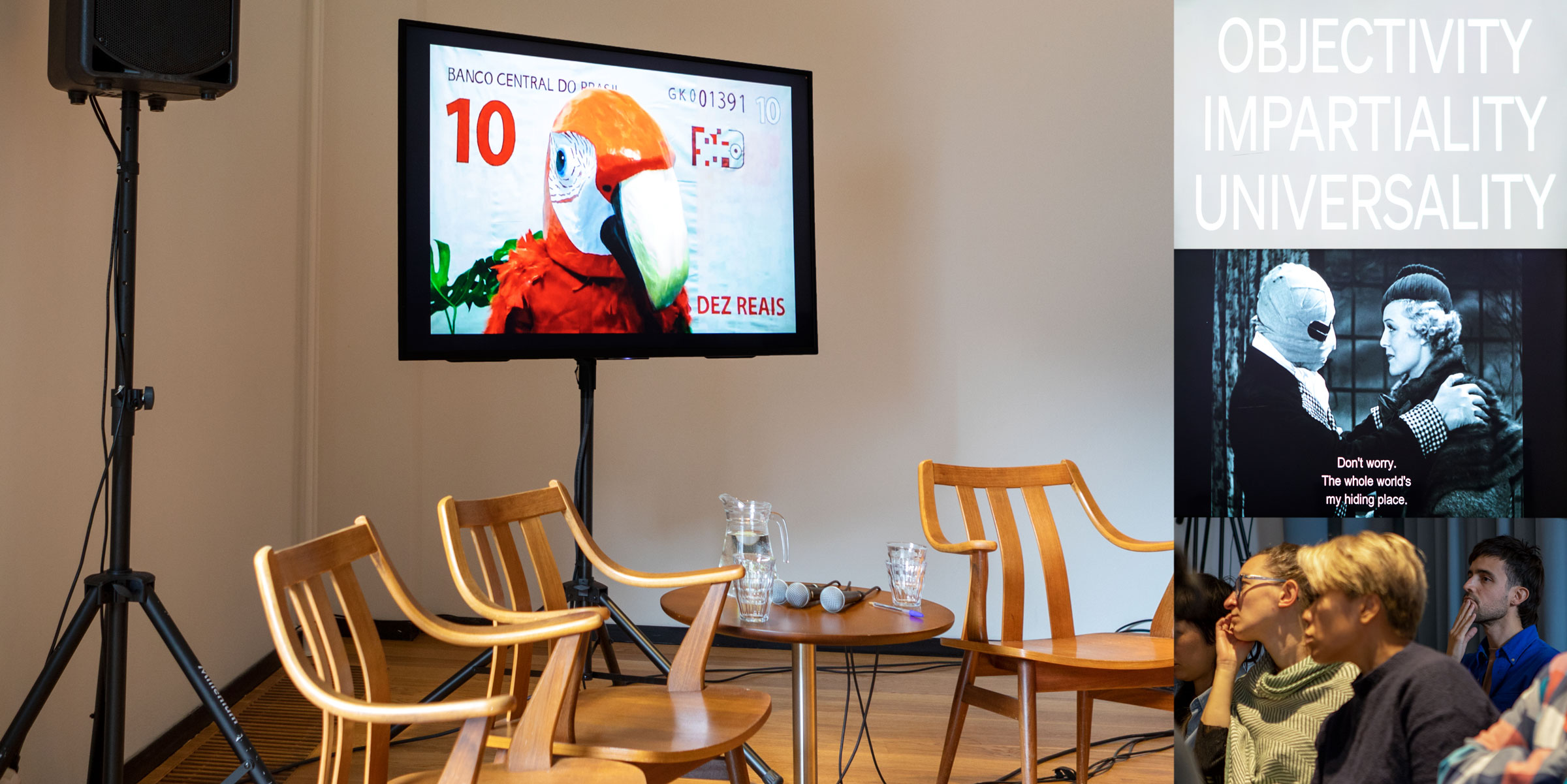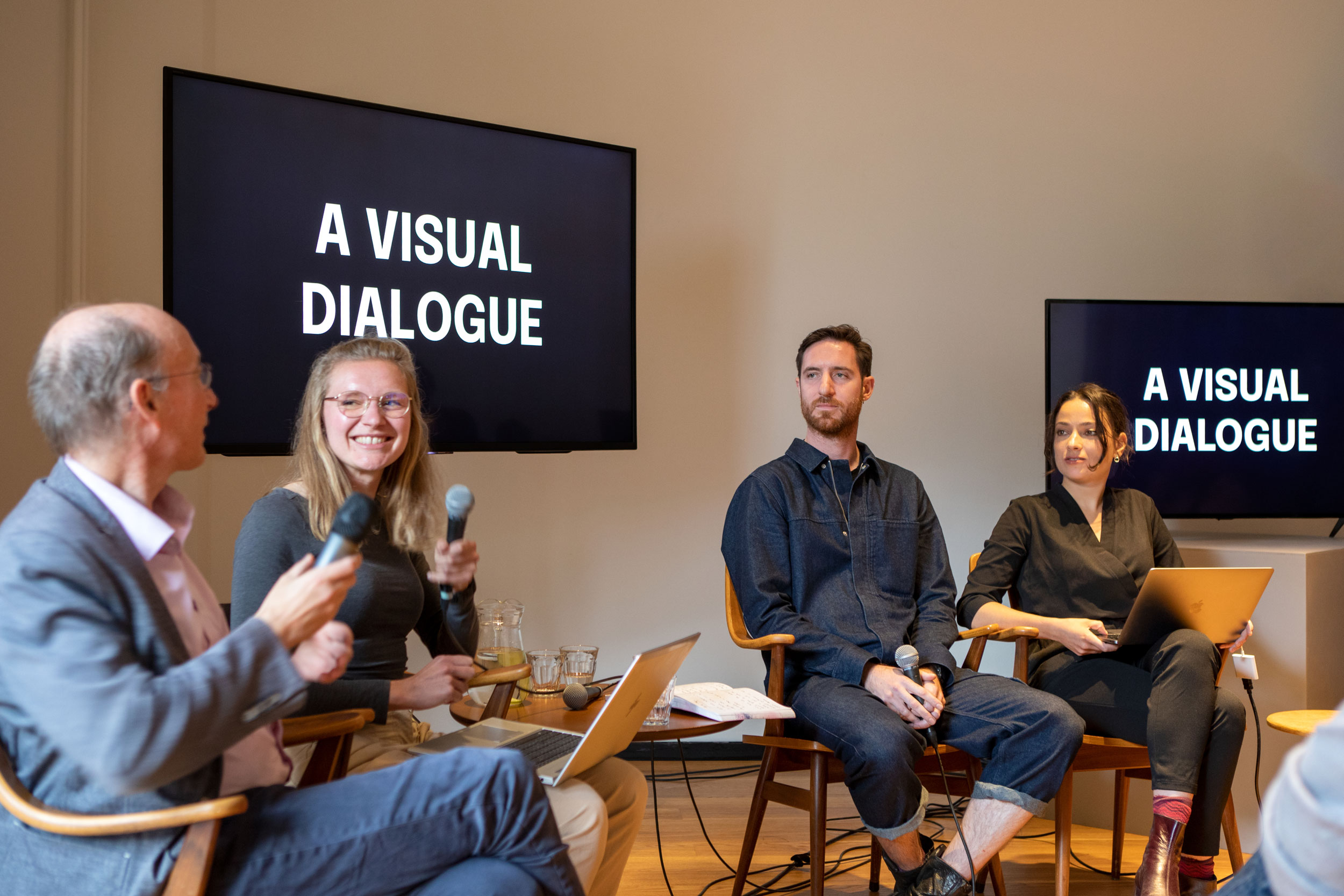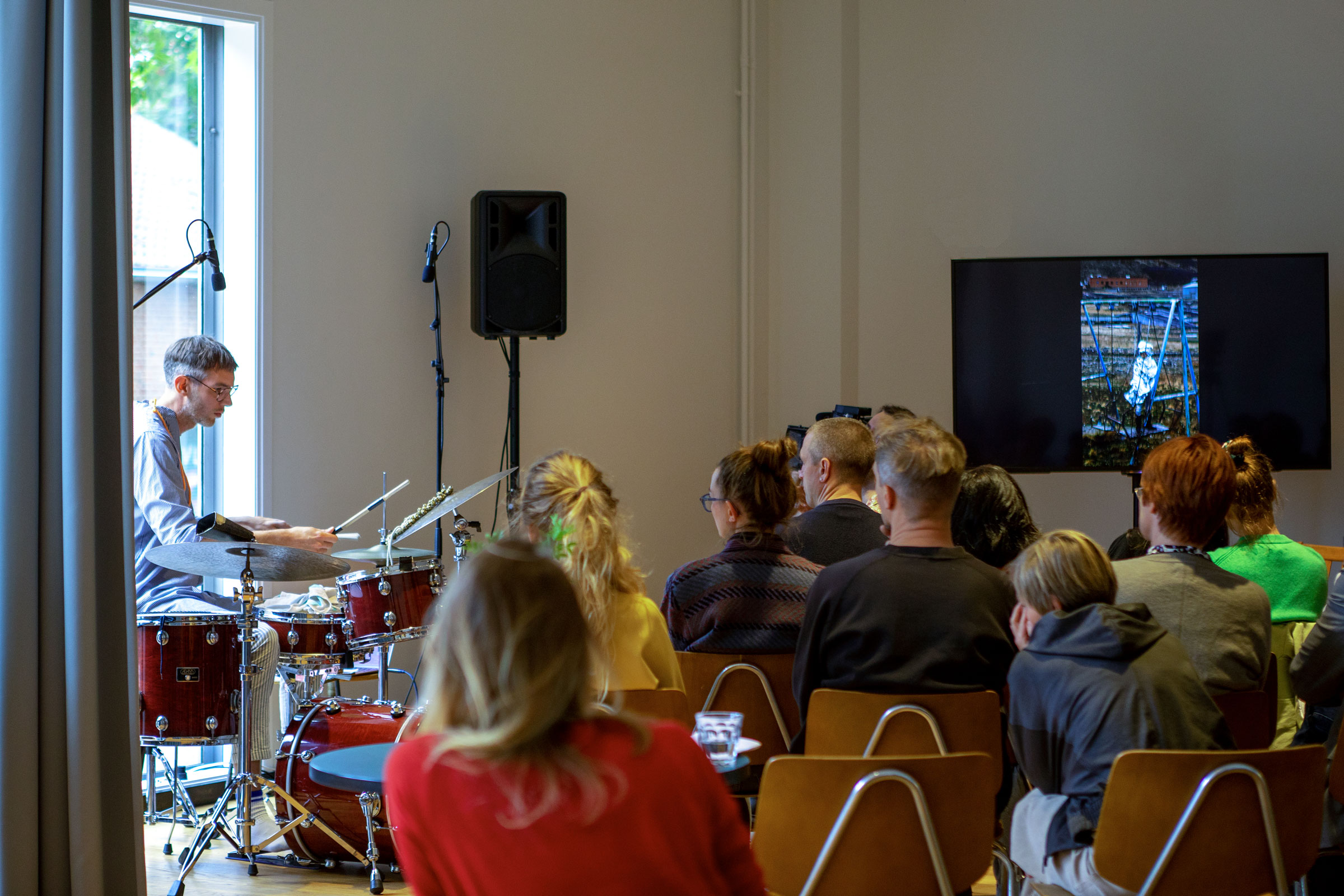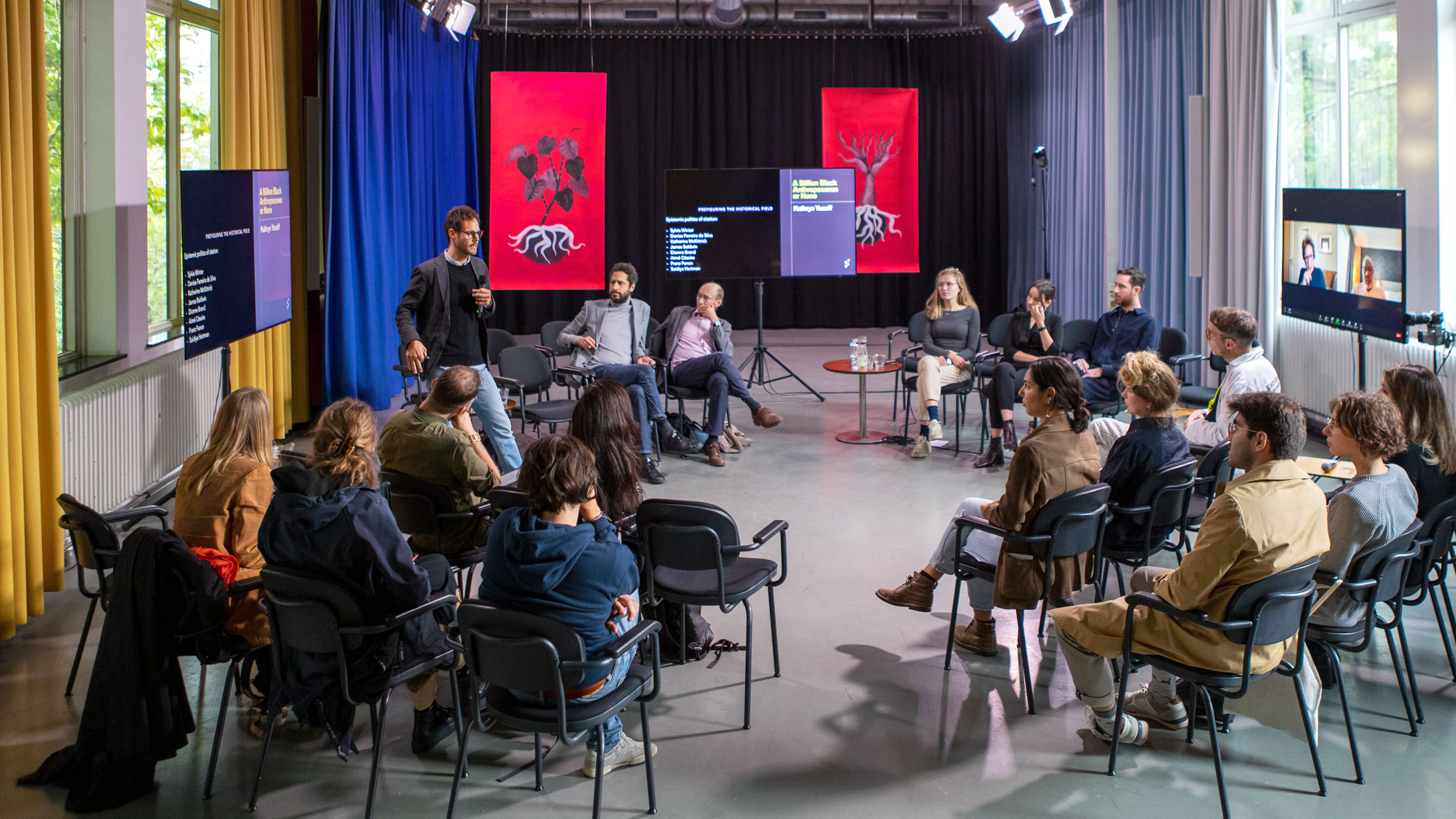IPACC WG IV
The Intergovernmental Panel on Art and Climate Change (IPACC) is a fictional institution which refers to the Intergovernmental Panel on Climate Change (IPCC), the United Nations’ body assessing the science related to climate. Acknowledging that both the impacts of and solutions to climate change are deeply mediated by culture, the IPACC explores a stronger integration of the arts, social sciences and humanities in the interface between science and global policymaking. The project spanned two discursive events in consecutive years, happening in parallel to the unfolding IPCC’s 6th Assessment Cycle, a comprehensive review of the latest climate science.
The second event expanded the discussion of the first edition and departed from the IPCC’s structure of 3 Working Groups (WG), imagining the significance of an arts-lead 4th group. The IPACC WG IV occurred after the publishing of the reports by the IPCC’s Working Groups, which constituted the influential 6th Assessment Report (AR6). The event happened before the IPCC published the completing piece of their assessment cycle, the Synthesis Report, which brought key information to global policymakers. Through a series of presentations, performances and conversations, culminating in a final assembly with the IPCC’s vice-chairs Dr. Thelma Krug and Dr. Youba Sokona, the IPACC WG IV opened space to discuss, react and add to this wider on-going process, as a way to speculate on the agency and civic significance of arts and culture towards the climate emergency.
Unfolding in the months preceding the event, The Oneiric Assembly, a workshop led by artist Daniel Godínez Nivón, explored dreams as a collective tool and fostered disciplinary crossovers between the arts and sciences by engaging with other layers of consciousness and affects. The workshop gathered artists, curators, scientists and academics invested in the discussion and action on the environmental crisis. The process departed from the event Dreaming and Futuring which explored the correlation between projections of the future designed by climate models (which co-structure political debates on climate change through the IPCC) with the symbolic associations created in dreams and their capacity to mobilize action in the present.
IPACC WG IV
22 - 24.09.2022
Jan van Eyck Academie, Maastricht, Netherlands
With contributions by:
Bayo Akomolafe, Bruno Alves de Almeida, Detlef van Vuuren, Hicham Khalidi, Himali Singh Soin & David Soin Tappeser, Jeff Diamanti, Lisette van Beek, Pauliina Feodoroff, Selçuk Balamir, T. J. Demos, Taru Elfving, Teresa Borasino and IPCC Vice-Chairs Dr. Thelma Krug and Dr. Youba Sokona.
Jan van Eyck participants (2021-23): Amauta García & David Camargo, Daniel Frota de Abreu, Daniel Godínez Nivón, Ekaterina Volkova, Hira Nabi, Julien Thomas, Sophie J Williamson and Yasmine Attoumane.
Watch the full event here.
/
Dreaming and Futuring
10.03.2022
Jan van Eyck Academie, Maastricht, Netherlands
With contributions by:
Dr. Sidarta Ribeiro, Dr. Jesse Hoffman and Daniel Godínez Nivón
Watch the event here.
/
Download the project portfolio here.
